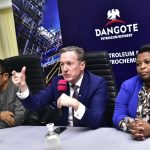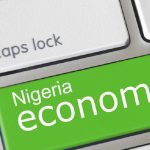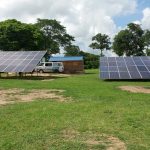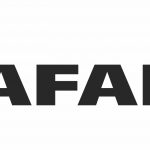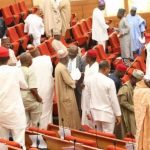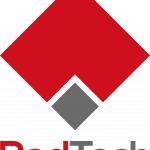Economy
73% of Nigerians Would Put Spare Cash into Savings—Report
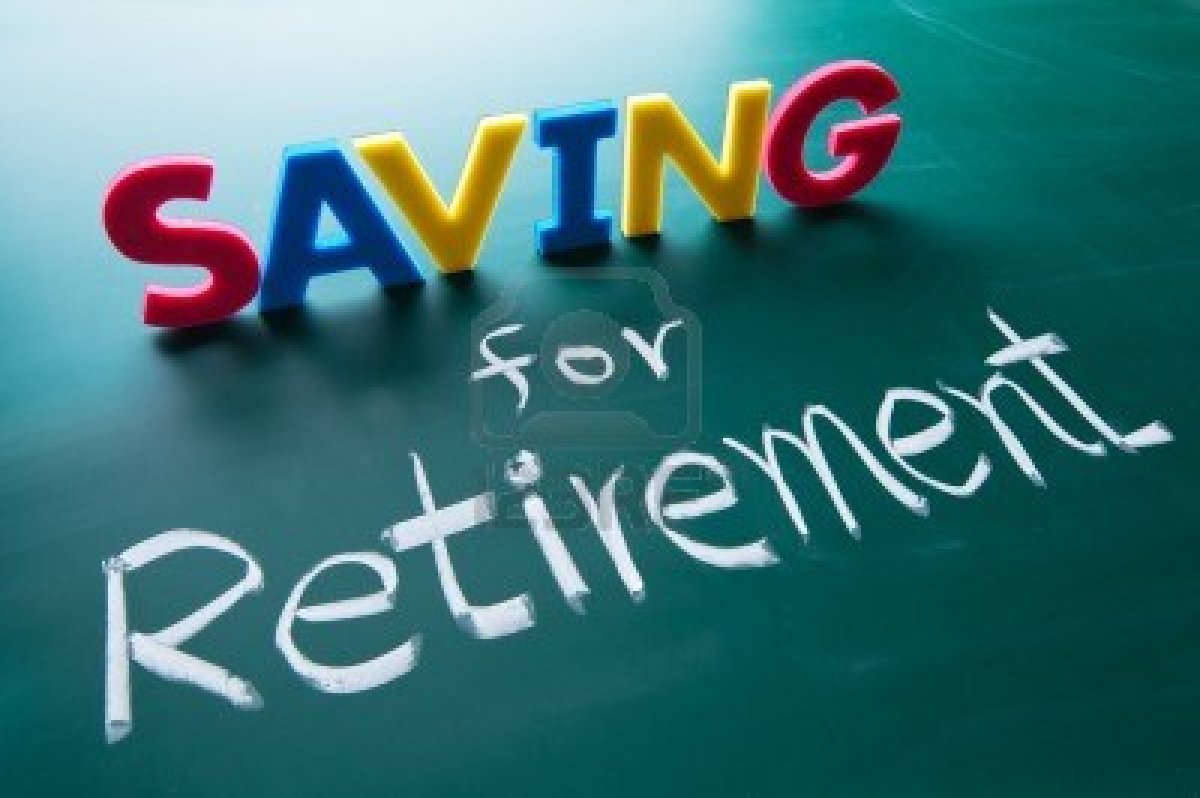
By Dipo Olowookere
A new report released by Nielsen Africa, which measures Consumer Confidence Index (CCI) in some countries on the continent, said things were not to rosy for Nigeria in the second quarter of 2019 because the country’s index slightly increased by one point to 127 unlike its West African neighbor, Ghana, which gained 10 points to settle at 118.
The 127 points reached by Nigeria, according to a summary of the report made available to Business Post, remains the highest confidence level for the country since the first quarter of 2016.
“Following a turbulent period in its history, Nigeria’s economic recovery is gaining momentum with GDP expected to grow slightly to 2.5 percent year on year, off the back of moderate improvements in net exports and domestic demand. Nigerians are optimistic about their future and this is reflected in the confidence scores,” Nielsen MD for Nigeria, Mr Ged Nooy, commented.
Looking at the consumer picture, Nigerians immediate-spending intentions have shown a healthy increase; with 54 percent of consumers versus 46 percent in the previous quarter saying now is a good or excellent time to purchase what they want or need.
However, their perception around job prospects have slightly declined, with 60 percent viewing them as excellent or good, a nine-point drop from the previous quarter.
It was stated that sentiment around the state of personal finances has shown a slight improvement with 82 percent Nigerians agreeing their state of personal finances will be excellent or good over the next year, a one-point increase from the previous quarter.
Looking at whether Nigerians have spare cash to spend, 51 percent said yes, versus 55 percent in the previous quarter.
In terms of their spending priorities, once they meet their essential living expenses, 76 percent would invest in home improvements/ decorating, 73 percent would put their spare cash into savings and 66 percent say they will invest in shares/mutual funds.
Surprisingly, in light of their propensity towards savings and investment, the lowest number 39 percent said they would put their spare cash into retirement funds.
Looking at the top concerns for Nigerians over the next six months, work/life balance tops the list with 27 percent (a six-point increase compared to the previous quarter) and has displaced political stability as the number one concern for Nigerians.
This is followed by increasing food prices at 22 percent (a one-point increase compared to Q1’19) and the economy at 20 percent (a four-point increase compared to the previous quarter)
Elaborating on these results, Mr Nooy said, “Nigerian consumers are positive and open to spending, however, the country’s retail environment continues to feel the effects of steep inflation. Manufacturers and retailers will therefore need to tackle this challenge head on, to harness the true value of Nigeria’s powerful consumer base.”
On the part of Ghana, its CCI for the second quarter of 2019 showed an extremely healthy increase of 10 points to 118.
Looking at Ghana’s overall performance, Nielsen Market Lead for West Africa, Yannick Nkembe said, “Ghana is currently the poster child for African economic growth and positive consumer sentiment. The International Monetary Fund estimates its GDP will rise 8.8 percent this year – double the pace of emerging economies as a whole, and well ahead of world growth.
“This is a result of factors such as expanding crude oil production, a stable democracy and the introduction of a more favourable taxation structure. Ghana’s manufacturing industry has also been boosted by policies aimed at diversifying the economy and preventing an over-reliance on the commodity markets.”
This overall positive outlook is reflected by Ghanaian consumers’ greatly improved view of their job prospects, with a 10-point increase to 63 percent, saying they will be excellent or good in the next six months.
In terms of the state of their personal finances over the next 12 months, 74 percent say excellent or good up from 70 percent and the number of Ghanaian consumers who feel now is a good or excellent time to purchase has also seen a large increase quarter on quarter, from 34 percent to 46 percent.
Looking at whether Ghanaians have spare cash, 52 percent say yes, up nine points from the previous quarter. Once they meet their essential living expenses, the highest number of consumers (82 percent) put their spare cash into savings, followed by 72 percent on home improvements/decorating and 67 percent who invest in stocks and mutual funds.
When looking at the real life factors that are having a negative impact on Ghanaians outlook, the top concerns over the next six months include work/life balance at 24 percent; the same figure as the last quarter, rising food prices at 22 percent (dropped by three points compared to Q1’19) and tolerance towards different religions, also at 22 percent (increased by one percent since the previous quarter), and children’s education and welfare at 18 percent which has seen a 2-point increase.
Economy
Dangote Refinery Denies Importing Petrol, Diesel into Nigeria
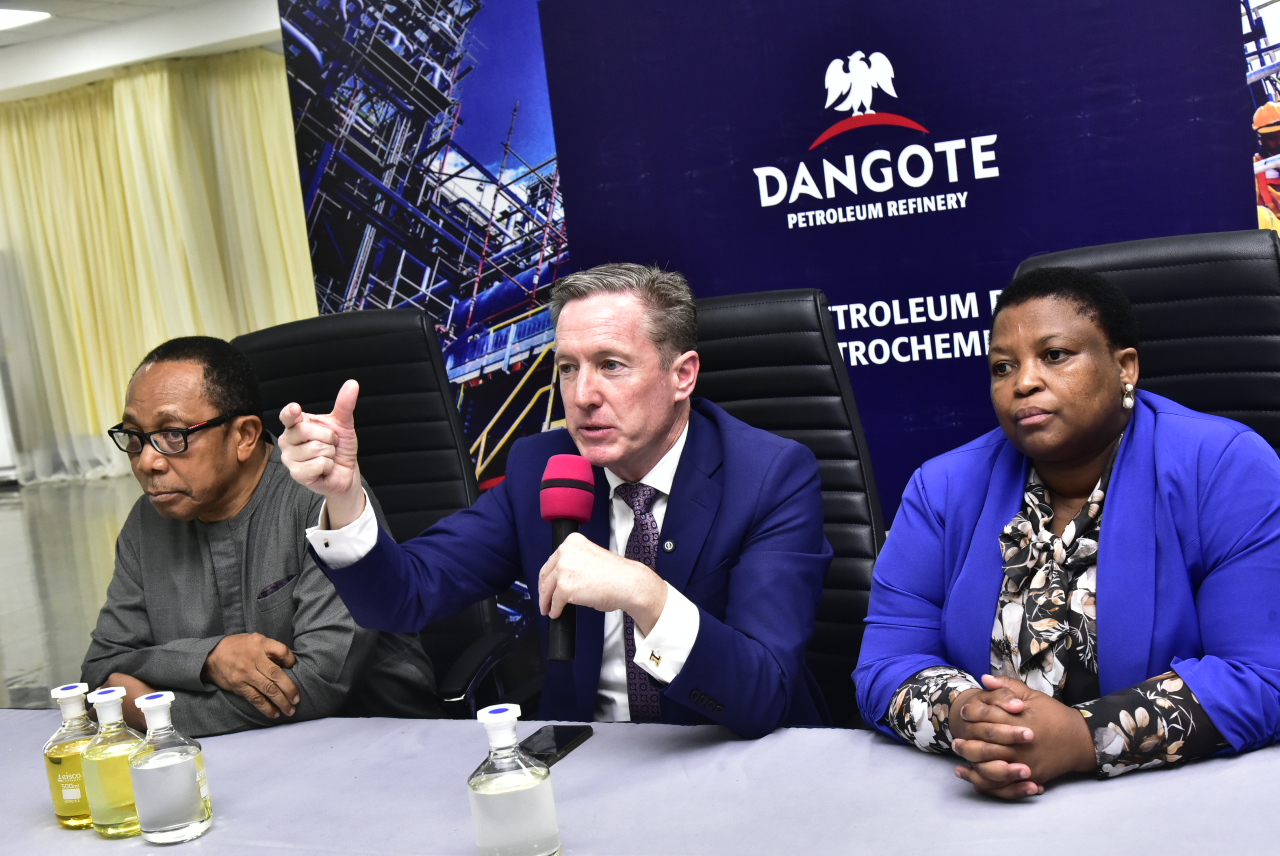
By Modupe Gbadeyanka
Dangote Petroleum Refinery and Petrochemicals has described reports making the rounds that it was importing finished petroleum products like premium motor spirit (PMS), otherwise known as petrol, diesel, and others into Nigeria as false and misleading.
In a chat with newsmen on Wednesday, the company clarified that what it brought into the country were merely intermediate or semi‑processed materials, which it emphasized is a standard practice within the global refining industry.
Intermediate materials—such as naphtha, straight‑run gas oil, vacuum gas oil (VGO), reformate, alkylate and isomerate—serve as feedstock for additional refining into finished fuels like petrol and diesel, as well as petrochemicals.
The chief executive of the facility, Mr David Bird, told journalists in Lagos that as a state‑of‑the‑art and large‑scale merchant refinery, DPRP refines crude oil and processes intermediate feedstocks into premium petroleum products and petrochemicals that meet the highest international standards, noting that this practice does not amount to importing finished petroleum products.
Mr Bird highlighted that Dangote Refinery operates using a European and Asian merchant refinery model, which integrates advanced refining, blending and trading systems designed to meet modern quality and environmental benchmarks.
“DPRP produces high‑quality fuels aligned with international environmental and health standards. Our gasoline is lead‑free and MMT‑free with 50 parts per million sulphur, while our diesel meets ultra‑low sulphur specifications. These standards help reduce emissions, protect engines, and safeguard public health,” the chief executive stated.
Mr Bird reaffirmed that the Dangote Refinery supplies only fully refined, market‑ready products, adding that semi‑finished fuels are unsuitable for vehicles and are therefore not released into the Nigerian market. Samples of both intermediate feedstocks and fully refined products were displayed to journalists during the briefing.
He further noted that the refinery was established to end years of exposure to substandard fuel in Nigeria by providing products that meet stringent global standards, adding that DPRP’s products are now exported to international markets, highlighting their quality and competitiveness.
The refinery chief stressed the company’s commitment to transparency in its operations and engagements with regulators, urging the media to help properly educate the public on the clear distinction between intermediate products and finished fuel.
“It is unfortunate that some individuals are deliberately spreading misleading narratives about a refinery that has transformed Nigeria and the West African region from a dumping ground for substandard fuels into a hub for high‑quality products,” he said, adding that the refinery’s flexible design allows it to process a diverse mix of crude oils and intermediate feedstocks into premium finished fuels.
Mr Bird assured Nigerians of sustained product availability, noting that the refinery has contributed significantly to easing fuel scarcity, stabilising the naira, and reducing pressure on foreign exchange.
On his part, the Chief Brand and Communications Officer of Dangote Industries Limited, Mr Anthony Chiejina, urged journalists to be precise in their choice of terminology, warning that inaccurate reporting could misinform the public and create unnecessary panic.
Economy
Nigeria to Overtake Algeria as Africa’s Third-Largest Economy in 2026—IMF
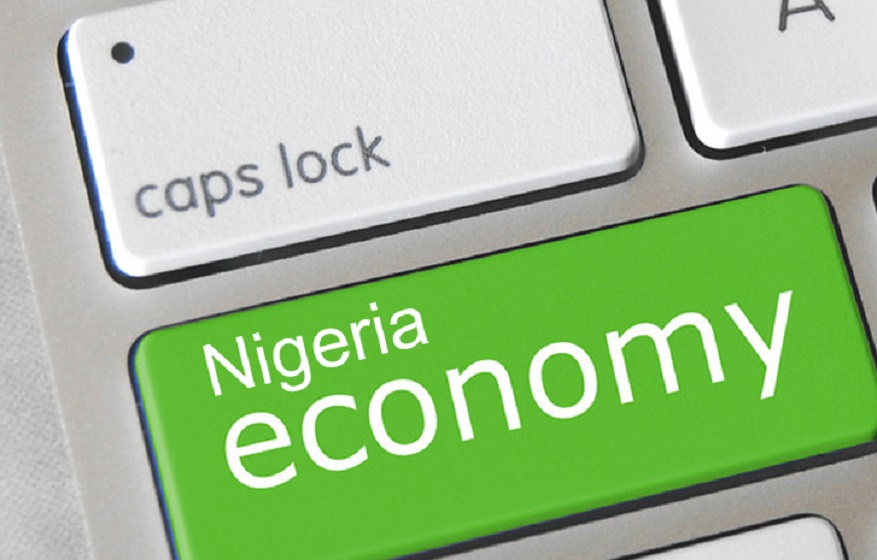
By Adedapo Adesanya
Nigeria is projected to move from being the become the third-largest economy in Africa in 2026 from the fourth position it clinched last year, according to data from the International Monetary Fund (IMF).
In the IMF’s World Economic Outlook (October 2025 edition), accessed via its datamapper, it was indicated that Nigeria’s gross domestic product (GDP) at current prices stood at about $285 billion in 2025, placing it behind South Africa, Egypt and Algeria.
South Africa topped the African ranking with a GDP of about $426 billion, followed by Egypt at $349 billion, and Algeria ranked third with $288 billion.
However, the IMF forecasts that Nigeria will overtake Algeria in 2026 as economic output rebounds, driven by higher oil production, improved foreign exchange liquidity and the impact of ongoing economic reforms.
According to the IMF’s projections, Nigeria’s GDP is expected to rise to $334 billion, putting it ahead of Algeria ($284 billion) and making it Africa’s third-largest economy, behind South Africa ($443 billion) and Egypt ($399 billion).
The lender’s outlook reflects expectations that recent reforms, including petrol subsidy removal, exchange-rate liberalisation and fiscal adjustments, will support medium-term growth, despite short-term inflationary pressures.
Africa’s largest economy’s position has shifted in recent years amid currency devaluations, rebasing exercises and macroeconomic headwinds across major economies on the continent. Nigeria in 2024 lost its status as Africa’s largest economy and dropped to fourth place after a series of Naira devaluations and wider reforms.
However, these appear to have brought about macro reliefs in the near term. On January 19, the IMF reviewed its forecast for Nigeria’s economic growth rate upward to 4.4 per cent in 2026. The Bretton Woods organisation revised the rate upward from its initial projection of 4.2 percent.
Prior to that, on January 13, the World Bank also increased its projection for Nigeria’s economic growth rate for 2026 to 4.4 percent from the 3.7 percent forecast in June 2025.
The federal government expects the Nigerian economy to grow by 4.68 per cent in 2026, supported by easing inflation, improved foreign exchange stability and continued fiscal reforms.
According to the Minister of Finance and Coordinating Minister of the Economy, Mr Wale Edun, the country’s inflation, which peaked above 33 per cent in 2024, declined to 15.15 per cent by December 2025, adding that foreign exchange volatility has eased, with the Naira trading below N1,500 to the Dollar, while external reserves rose to $46 billion.
He added that GDP growth averaged 3.78 per cent by the third quarter of 2025, with 27 sectors recording expansion.
Economy
Lafarge to Expand Sagamu, Ashaka Cement Plants to 5.5MT Per Annum
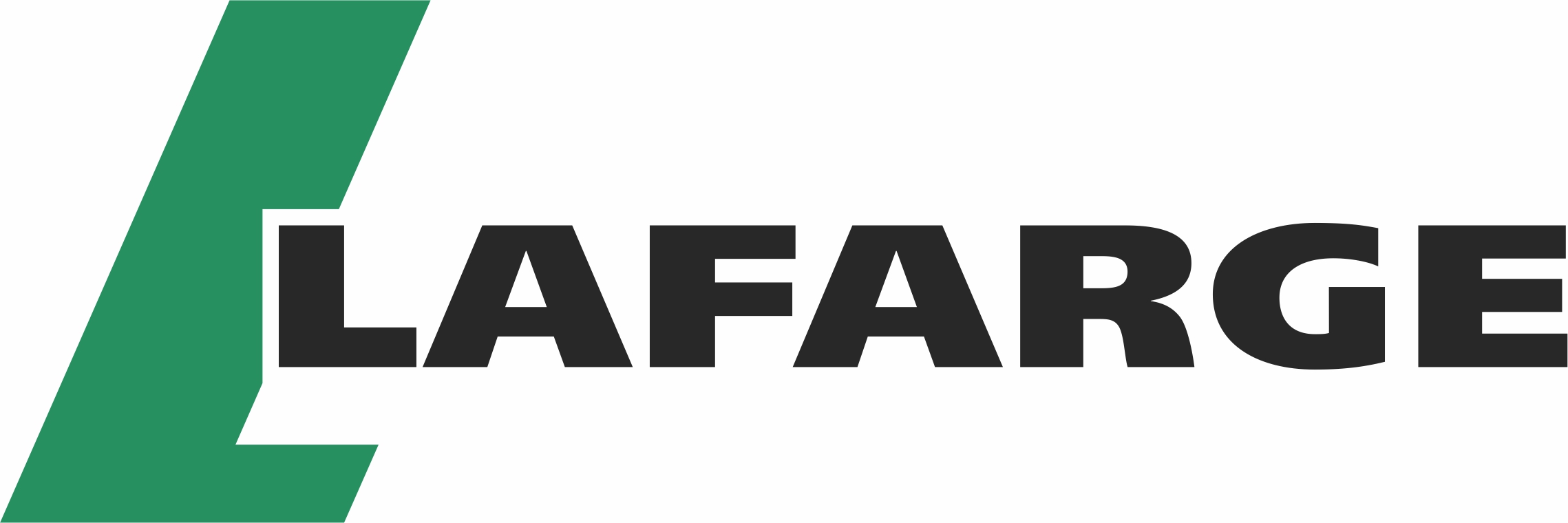
By Aduragbemi Omiyale
One of the leading cement firms, Lafarge Africa Plc, has confirmed plans to expand its plants in Gombe and Ogun States to about 5.5 million metric tonnes per annum.
In a notice to the Nigerian Exchange (NGX) on Wednesday, the company said it was strengthening local cement production with the expansion of its Sagamu Cement Plant in Ogun State and Ashaka Cement Plant in Gombe State.
It noted that the upon completion of the expansion projects, the production capacity of the Ashaka Cement in Gombe State would rise to 2 MT per annum, while the Sagamu facility would increase to 3.5 MT per annum.
The two new plants, the statement disclosed, would be dry plants with preheater kilns, vertical raw mills and roller presses for cement mills to make them energy efficient.
The disclosure signed by the company secretary, Adewunmi Alode, further revealed that the plants are expected to improve product availability and enhance Lafarge Africa’s ability to serve customers efficiently across key markets.
This expansion is coming after the announcement made last year that Huaxin Building Materials Group’s had acquired 83.81 per cent of Lafarge Africa and demonstrates their commitment to Nigeria’s infrastructural development.
The chief executive of Lafarge Africa, Mr Lolu Alade-Akinyemi, stated that the expansion projects reflect the company’s long-term confidence in Nigeria’s growth potential and are aimed at supporting Nigeria’s infrastructure and construction needs.
He explained that the project goes beyond capacity growth to deliver operational and sustainability benefits but also supports value creation for our customers and shareholders while contributing to economic activity and job creation across our host communities and the wider construction ecosystem.
“The expansion of our plants is a strategic investment that reinforces Lafarge Africa’s role in supporting national development. By increasing capacity at our flagship plants, we are strengthening our supply chain, improving our responsiveness to market demand, and positioning the business to better support critical sectors such as housing, commercial construction, and infrastructure.
“It enables us to integrate modern production technologies that enhance efficiency, reliability, and environmental performance, in line with our commitment to responsible operations,” Mr Alade-Akinyemi, stated.
-

 Feature/OPED6 years ago
Feature/OPED6 years agoDavos was Different this year
-
Travel/Tourism9 years ago
Lagos Seals Western Lodge Hotel In Ikorodu
-

 Showbiz3 years ago
Showbiz3 years agoEstranged Lover Releases Videos of Empress Njamah Bathing
-

 Banking8 years ago
Banking8 years agoSort Codes of GTBank Branches in Nigeria
-

 Economy3 years ago
Economy3 years agoSubsidy Removal: CNG at N130 Per Litre Cheaper Than Petrol—IPMAN
-

 Banking3 years ago
Banking3 years agoSort Codes of UBA Branches in Nigeria
-

 Banking3 years ago
Banking3 years agoFirst Bank Announces Planned Downtime
-

 Sports3 years ago
Sports3 years agoHighest Paid Nigerian Footballer – How Much Do Nigerian Footballers Earn





